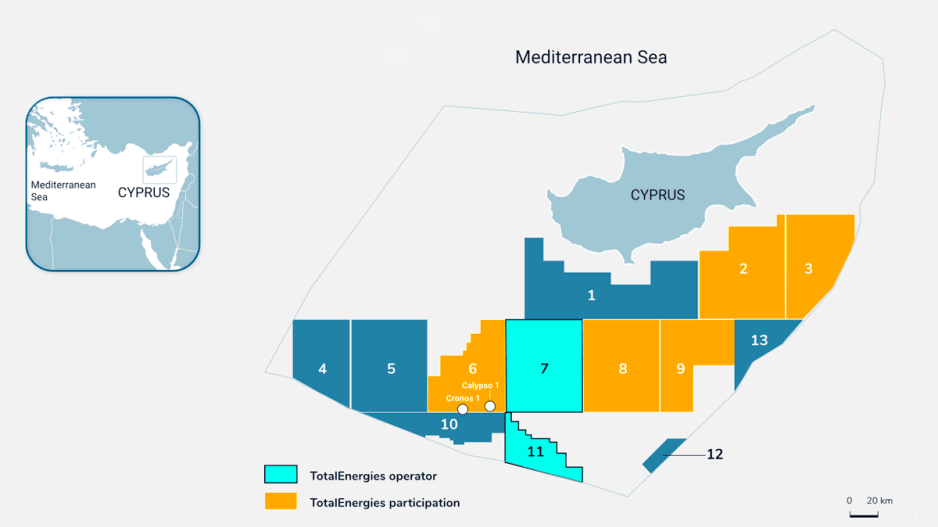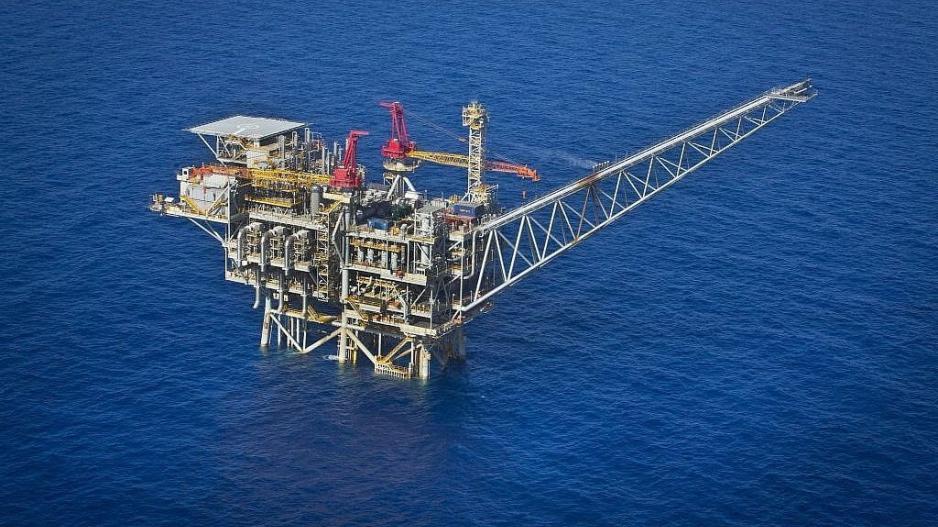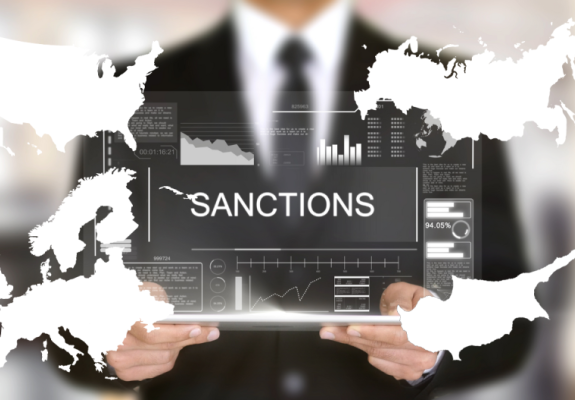Chevron's Top Executive to Visit Cyprus Amidst Key Gas Field Development Negotiations
Crucial Discussions Ahead for Aphrodite Gas Field as Chevron Seeks Solution to Development Dispute
Clay Neff, Chevron’s President for Africa and Latin America Exploration and Production, will visit Cyprus this Friday. His arrival comes shortly before the negotiation deadline with the Cypriot government regarding the revised development plan for the Aphrodite gas field, estimated to hold about 4.4 trillion cubic feet of natural gas.
Neff plans to meet with President Nikos Christodoulides and Energy Minister George Papanastasiou. Market insiders report that this high-ranking Chevron official will likely request a further extension to the consultation period, currently set to end on November 5, in hopes of resolving the dispute.
The consortium behind Aphrodite - Chevron Corp, Shell Plc, and Israel's Newmed Energy LP - have presented a revised development plan. This updated proposal, significantly more cost-effective than the original plan submitted by Noble Energy in 2019, has since been rejected by the Cypriot government. Following the rejection in late August, a 30-day consultation window was offered, subsequently extended by another 30 days, and is due to expire this coming Sunday.
Key sources point out that the core issue in the dispute lies in the cancellation of a floating production unit (FPU). The consortium now suggests the gas be transported through a 480-kilometre pipeline to the Idku LNG terminal in Egypt, as opposed to the original plan.
Additionally, the new strategy proposes three production wells instead of the initial five. This reduction is expected to lead to decreased gas production. While the revised plan brings notable cost savings, mainly due to the removal of the FPU, the original plan’s capital expenditure was estimated at $3.6 billion.
The Cypriot government contends that the FPU is crucial for maximizing gas recovery and extending the field’s lifespan, thus optimizing production. The absence of the FPU would mean lower gas extraction and, consequently, diminished revenues. Moreover, such infrastructure could add operational flexibility to the gas reservoir.
As Chevron's negotiation deadline looms, Papanastasiou emphasized last Tuesday that Cyprus's vision of energy autonomy extends beyond reserves to include gas infrastructure.
"Our insistence on infrastructure underlines our commitment to this goal," he asserted.

Meanwhile, the Transocean Barents drilling rig has departed from Limassol, Cyprus, heading towards the Kronos deposit. It's set to drill at the Kronos-2 target in Block 6 of the Cypriot Exclusive Economic Zone (EEZ), located approximately 160 km southwest of Cyprus, as reported by Cyprus News Agency.
According to informed sources, the drilling operation is expected to last until the end of this year or early 2024.
It's noteworthy that the Transocean Barents completed a drilling project for TotalEnergies in Lebanon's EEZ towards the end of October.
In August 2022, Italian energy company ENI announced the discovery of an estimated 2.5 trillion cubic feet of natural gas at the Kronos-1 target. They indicated that there’s potential for additional quantities to be explored through further exploratory drilling in the area.
The drilling at the Kronos-2 target represents the company's third venture in Block 6, following the drilling at Kronos-1 and the Kalypso deposit in 2018.
ENI is the operator of this block, holding a 50% stake, with TotalEnergies also participating with an equivalent share.






